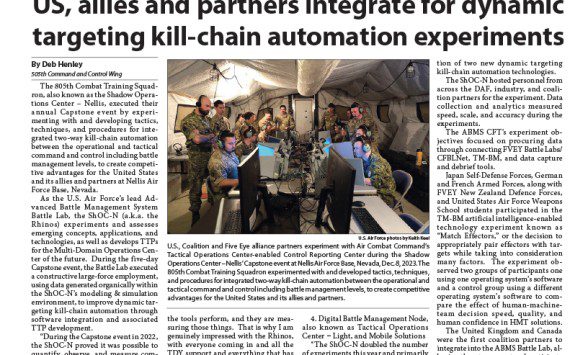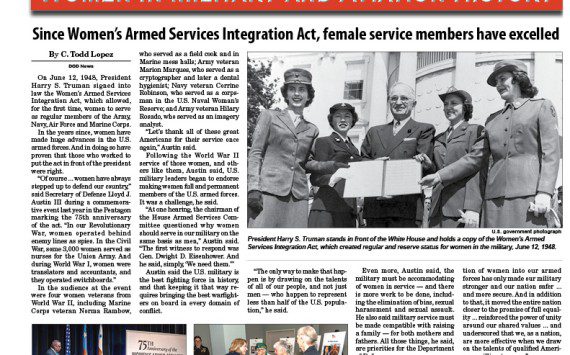RAMSTEIN AIR BASE, Germany — Any service member who signed up after 9/11 did so knowing that they would likely deploy to a hostile environment.
We all do so willing and eager to serve our country with honor. We read the stories of our courageous brothers and sisters standing up for what they think is right and just, and we gladly follow in their footsteps, fueled by inspiration and ready to take on the world.
What we aren’t prepared for, or at least I wasn’t prepared for, was the little devil that I took home with me after my tour; post-traumatic stress.
It’s been years since I came back from Afghanistan, but like many returning service members, part of me will always still be there, and my mind brings me back there more often than I would like. Fortunately for me, my doctor classified me as having “deployment related mental issues,” which is not quite full-blown PTSD, but has had catastrophic effects on my life.
In late 2011, my career took me to the International Security Assistance Force Headquarters in Kabul, Afghanistan. I spent several months as a convoy leader and distinguished visitor escort, which took me to just about every region of the country.
Seven months, several sticky situations and one earth-shattering, nearly fatal traumatic experience later, and I was more than ready to come home to my beautiful wife and three phenomenally patient children.
As a matter of fact, it was all I could think about, but not always in a good way. Deployments are not only stressful for the service member; they take a significant toll on the entire family. This stress not only affected our day-to-day lives, but also drove a wedge between my wife and me. We fought with each other; we struggled to talk about anything real and just couldn’t shake the depression of being separated.
Counting down the days to my return, I was excited, afraid, anxious, nervous and sick, but mostly excited. I was afraid of how my relationship would be with my wife because of the distance that had grown between us in my absence. If it wasn’t for the unconditional love I share with my children, I would have been more afraid than excited.
Even with my fear of how things would be, I never expected things to be the way they were.
My relationship with my children was great, and there were never any issues there. I expected my wife and me to still express affection toward one another and genuinely be able to spend time together, but I was sadly disappointed.
For the first few weeks being home, it was like I was invisible. She spent most of her time reading books and doing her own thing. Most conversations were one-sided and never went deeper than “what do you want for dinner?” Even when they did, she expressly refused to talk about my deployment. She didn’t want to know what I went through because she couldn’t handle it or the thought of me going again.
This left me to deal with my issues alone.
That’s ok though, right? I mean, my problems aren’t that bad. So I’ll avoid fireworks displays and heavily crowded places. That’s not the worst thing in the world. I’m strong; I can handle this, no problem—that’s what I thought anyway.
Little by little, the rift between my wife and I began to grow. She grew distant and cold, while I became depressed and resentful. Every time we ended up in a situation that made me uncomfortable, I handled it poorly. She couldn’t understand and would get angry with me.
After three years of struggling on my own and an increasingly damaged marriage, I still didn’t see the impact my issues were having on my life. I refused to get help because I thought it was a sign of weakness. Then, my wife said four words to me that have changed my life forever … “I want a divorce.”
After 15 years together, my marriage was over and my children were moving 5,000 miles away. I couldn’t help but question if I could have done things different. It all leads me to wonder, if I had sought out help earlier, where would I be? Would it have made a difference?
There are so many great resources for military members who struggle with deployment issues. The only thing we need to do is reach out and use them.
Unfortunately, I chose a different path, which lead to me eventually attempting to end my life.
Editor’s Note: This article is part one of a three-part commentary depicting the struggle of an Airman with returning from deployment, divorce and attempted suicide. The names of individuals have been changed or removed to protect the identities of those involved.











